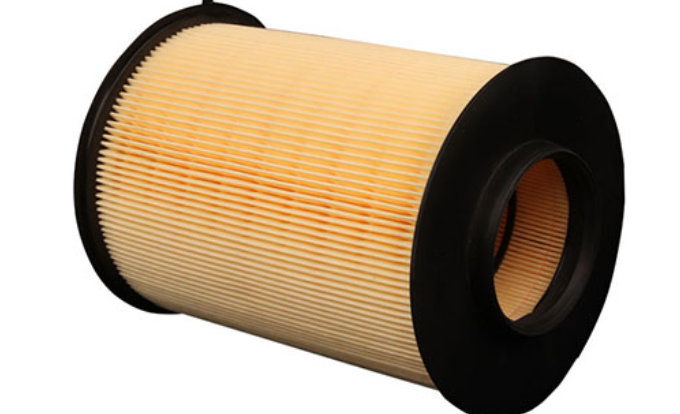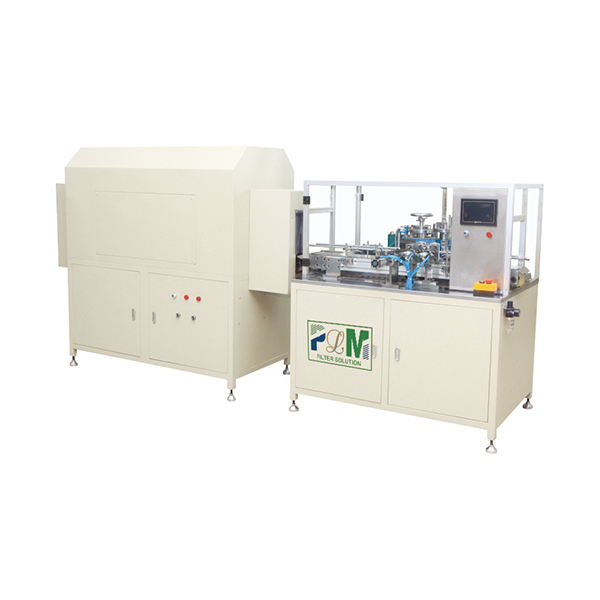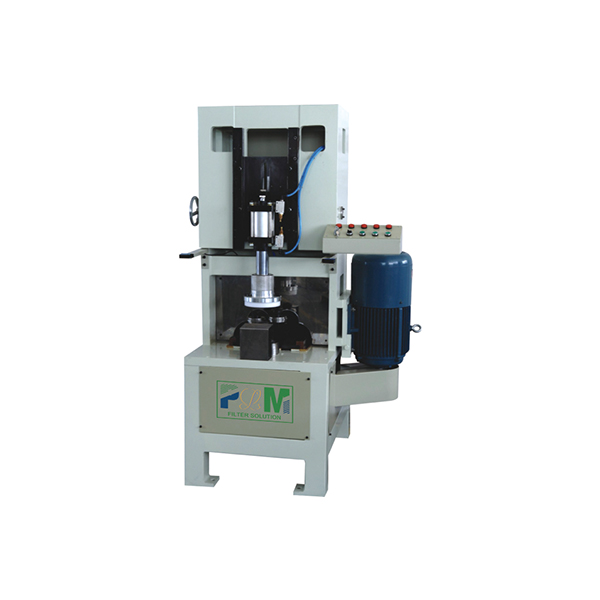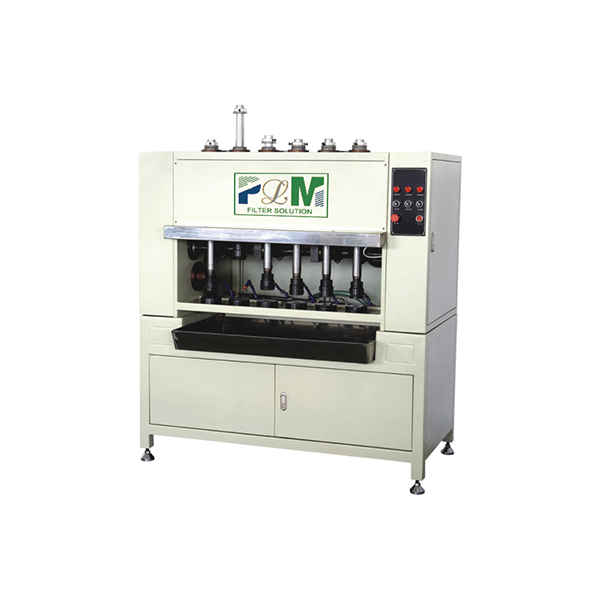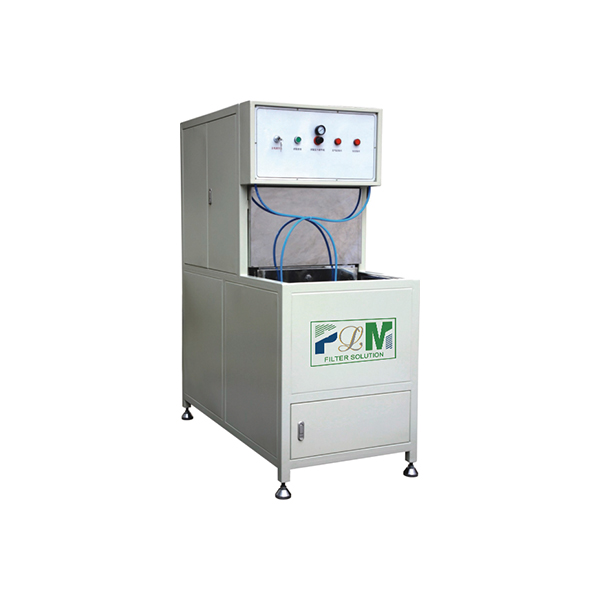Aug . 23, 2025 01:05 Back to list
Eco oil filter machine automation technology
Eco oil filter machine automation technology represents a leap forward in sustainable manufacturing, integrating energy efficiency, waste reduction, and precision engineering to redefine production standards for oil filters. This technology ensures that Eco Oil Filter Machine, Eco Oil Filter Making Machine, and Eco Oil Filter products not only meet performance benchmarks but also align with global environmental goals. Hebei Leiman filter material Co., Ltd., a pioneer in filtration solutions, has harnessed these automated systems to streamline production, minimize resource consumption, and deliver filters that excel in both ecological and operational aspects, catering to industries where sustainability and reliability are equally critical.
Energy Recovery Systems in Eco Oil Filter Machine
- Regenerative Motor Technology: Eco Oil Filter Machine from Hebei Leiman incorporates regenerative motors that capture kinetic energy during deceleration, converting it into electricity to power auxiliary systems. This reduces overall energy consumption by 22%, a significant saving in high-volume production facilities.
- Smart Heating Regulation: The machines use AI-driven sensors to adjust heating elements for filter bonding, activating only when necessary and maintaining precise temperatures (±1°C). This prevents energy waste, a common issue in traditional machines with constant heating, making Eco Oil Filter Machine ideal for eco-conscious manufacturers.
- Low-Power : When idle for more than 5 minutes, Eco Oil Filter Machine switches to a low-power mode consuming 70% less energy than standard settings. Hebei Leiman’s programming ensures quick reactivation (under 10 seconds), balancing efficiency with production readiness.
Material Optimization in Eco Oil Filter Making Machine
- Precision Cutting Algorithms: Eco Oil Filter Making Machine uses computer vision to optimize material layout, reducing media waste by 18% compared to manual cutting. Hebei Leiman’s software analyzes filter dimensions in real time, ensuring each sheet yields the maximum number of components for Eco Oil Filter
- Adhesive Volume Control: Automated dispense systems in Eco Oil Filter Making Machine apply 0.02ml increments of glue, minimizing excess that would otherwise be discarded. This precision not only reduces waste but also ensures consistent bonding strength in Hebei Leiman’s filters.
- Recycled Material Integration: The machine is calibrated to handle 30% recycled filter media without compromising production speed or quality. Eco Oil Filter Making Machine adjusts tension and cutting parameters for recycled materials, a feature developed by Hebei Leiman to support circular manufacturing practices.
Quality Monitoring in Eco Oil Filter
- In-Line Pressure Testing: Eco Oil Filter products undergo automated pressure testing at 1.5x operating pressure, with data logged for each unit. Hebei Leiman’s system flags anomalies (e.g., pressure drops exceeding 0.5kPa) in real time, preventing defective filters from reaching the market.
- Media Porosity Scanning: High-resolution cameras in the production line scan Eco Oil Filter media for uniform porosity, ensuring no section has more than 5% variance. This maintains consistent oil flow rates, critical for engine lubrication systems.
- Seal Integrity Verification: Eco Oil Filter gaskets are tested for compression resistance using robotic arms that apply 50N force, simulating installation. Hebei Leiman’s filters show less than 3% deformation, ensuring a tight seal and preventing oil leakage.
Waste Reduction in Eco Oil Filter Machine
- Waterless Cleaning Cycles: Eco Oil Filter Machine uses dry ice blasting for cleaning, eliminating the need for water and chemical solvents. This reduces wastewater by 100% and cuts associated treatment costs, a key sustainability feature of Hebei Leiman’s production lines.
- Scrap Recycling Integration: The machine automatically separates and compresses scrap materials (e.g., excess metal, media trimmings) into recyclable bundles. This streamlines the recycling process, with Hebei Leiman repurposing 92% of production waste into raw materials for other components.
- Packaging Automation: Eco Oil Filter Machine includes automated packaging that uses 30% less plastic than manual methods, with Hebei Leiman opting for biodegradable wraps for Eco Oil Filter This reduces the carbon footprint of end-to-end production.
|
Specification |
Details |
|
Outer Diameter |
153mm |
|
Inner Diameter |
69mm |
|
Fitted Diameter |
82mm |
|
Height |
209mm |
Eco Oil Filter FAQS
How does Eco Oil Filter Machine reduce energy use in production?
Eco Oil Filter Machine from Hebei Leiman uses regenerative motors and AI-controlled heating to cut energy consumption by 22%. Its low-power mode further saves energy during idle periods, making it a sustainable choice for high-volume manufacturing.
What makes Eco Oil Filter Making Machine suitable for recycled materials?
Eco Oil Filter Making Machine adjusts tension and cutting parameters to handle 30% recycled media, ensuring production quality isn’t compromised. Hebei Leiman’s technology supports circular practices by integrating recycled materials seamlessly into the manufacturing process.
How does Eco Oil Filter ensure both performance and sustainability?
Eco Oil Filter from Hebei Leiman combines high-efficiency filtration with eco-friendly production: its media uses recycled content, and automated processes reduce waste. It maintains 99.9% particle retention while minimizing environmental impact.
Can Eco Oil Filter Machine integrate with existing production lines?
Yes, Eco Oil Filter Machine is designed with modular interfaces, allowing integration with most existing production setups. Hebei Leiman provides on-site calibration to ensure compatibility, making upgrades to eco-friendly automation straightforward.
What waste reduction features does Eco Oil Filter Making Machine offer?
Eco Oil Filter Making Machine reduces waste through precision cutting (18% less media waste), dry ice cleaning (no water/chemicals), and automated scrap recycling. Hebei Leiman’s system ensures 92% of production waste is repurposed, aligning with zero-waste goals.
active carbon air filter for air purifier – Odor/VOC Control
NewsNov.17,2025Replacement Dyson Carbon HEPA Air Filter – High Efficiency
NewsNov.17,2025Active Carbon Air Filter for Air Purifier | High Adsorption
NewsNov.17,2025Active Carbon Air Filter for Air Purifier | Odor & VOC Control
NewsNov.17,2025Active Carbon Air Filter for Air Purifier | Odor & VOC
NewsNov.17,2025Sintered Porous Metal Filter Tube Cup | 5 Micron, SS316L
NewsNov.11,2025

